Atlanta, being its diverse city, is home to many different scenes and a variety of music-based cultures. Many of these subcultures have been around for years. While ATL is considered the capital of hip-hop, it is also home to many other scenes, like punk. Punk is a subgenre of rock and is typically very loud, unstructured, and fast-paced. However, what some may consider an abrasive sound can hide emotional messages, and songs can be very introspective. It has been around since the 1970s, most prominently in America and the United Kingdom, often representing a culture of nonconformity.
According to Oxford Languages, punk as an adjective is defined as “relating to punk rock and its associated subculture.” For many, punk is most identifiable in the clothing of its members, leading to the incorrect assumption that punk itself is a fashion movement. However, it is more of a culture. Those in the scene don’t typically have one specific style they define themselves with.
“You don’t need to look ‘punk’ to be one. It feels weird to call someone a punk because that’s just another label. Punk aesthetics are different from having a punk attitude,” said Mia Matrazzo (‘16), a graphic designer and Chamblee alum. “Some of the most punk people I know wear regular clothes. For example, all the members of Upchuck. You know it when you see it.”
While there isn’t a dress code to punk, per se, there are some staple wardrobe pieces associated with the punk subculture.
“Mohawks and leather jackets used to be a big thing, but I think nowadays, it’s more about dressing how you want and not in a specific uniform,” said Matrazzo. “Punk style is what you make it, and it’s unique to you. Trends change throughout time, but that’s the core thing to it.”
There are many aspects to being punk that come with its many subgenres, and it can be very hard to define what it means to be punk. However, something ubiquitous across subgenres and subcultures is passion.
“Well, I think [being punk] is a very personal thing. What does it mean to be anything? To me, being punk means being yourself and not conforming to what people want you to be. But also, it’s just a community. It’s a group of people that I agree with,” said Jamison Bartlett (‘24). “A punk is somebody who’s very extreme in their beliefs and ideologies, so somebody who is just very passionate in what they believe in.”
A denomination of punk known as hardcore takes this to the next level. Hardcore concerts are also typically more violent than punk shows.
“I think [hardcore] is more like just intensifying the usual culture. For example, it’s a lot more like Mosh (frenzied, violent dancing in the pit at a concert) culture. It’s a lot more pit. [Hardcore is] very violent, and some people don’t know that,” said Jonah Jacobs (‘25). “The difference between a punk and a hardcore pit is that the hardcore guys will clock you in the face. I’ve gotten a lot of bruises. At the last show I went to, my friends got injured. One broke his nose. One broke her finger.”
While it can be a very aggressive and violent culture, hardcore and punk listeners can be very kind people.
“I still haven’t met many rude people, but I know that there are people in punk [that can be rude], like in the band Article. But some of the sweetest and most caring and passionate people I know are hardcore. They are friendly people at heart,” said Bartlett.
For many in the scene, a subculture that may be categorized as violent or fringe is considered to be the modern-day revival of punk.
“I think the Hardcore scene has carried punk through after it died. It’s kind of still dead. [Punk] died really in the ‘00s and ‘10s. But hardcore carried through,” said Jacobs.
Like Jacobs, some claim that punk has died in the public eye and that it was never mainstream until bands like Nirvana released punk-esque music.
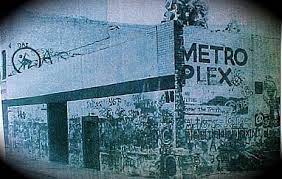
“The punk scene kind of splintered after the club called the Metroplex shut down in 1988. Shortly thereafter, there were bands that were borrowing from punk rock that weren’t really hardcore punk. There was Jane’s Addiction, Guns and Roses, and there was Red Hot Chili Peppers, and all those groups were playing aggressive music, but it wasn’t punk rock like we were into in 1986,” said James Demer, an English teacher at Chamblee. “And then, a few years later, Nirvana happened. And that was that was an earth-shaking event because Nevermind has some pretty straight-up punk rock kind of stuff. And then all of a sudden, the music that we thought was so uncompromising was on every radio station all the time.”
For those who considered themselves to be at the heart of the original punk scene, the soundtrack of their culture going mainstream came with what was seen as a dilution of punk culture itself. However, punk is seemingly being revived in the alternative music scene with art forms like punk zines.
“I got the idea for Operation Infiltration, my zine, on a plane to Minnesota in November. I knew I wanted to make it a monthly thing, so since then, I have started gathering shows and things to do to put in a February issue. The zine’s first issue was produced and thrown to the public on February 8, 2024,” said Aubrey Senter (’26), a student at Midtown High School.
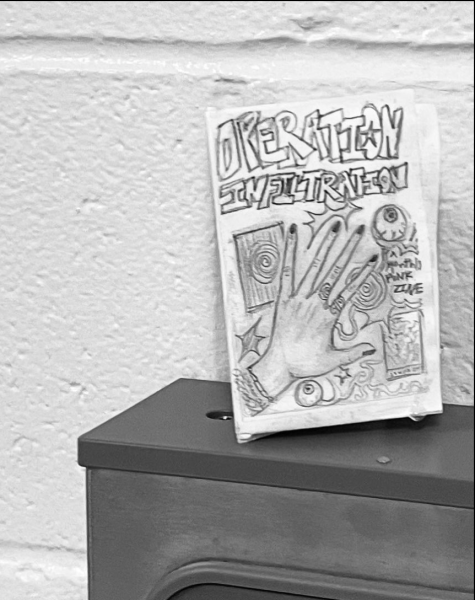
Zines, self-published magazines using appropriated images and text, emerged and became increasingly popular during the feminist Riot Grrrl punk movement in the late ‘80s to early ‘90s, started by bands like Bikini Kill.
Senter was inspired by the local Atlanta magazine Record Plug, which features all things alternative and music-related. It can be found around the city in places like Little Five Points, Decatur, East Atlanta, Edgewood, Underground Atlanta, and Pocey-Highland. The magazines are mostly in small local shops, concert venues, and avant-garde art galleries.
“Going to shows at Innerspace and grabbing a free Record Plug Magazine really got my gears turning for an information catalyst of my own. I feel like Record Plug really captures what’s going on in the DIY scene currently, and I wanted to be a part of that time capsule making of sorts,” said Senter. “I wanted to emulate that kind of raw, material, guerrilla creation that I so adore from the past, while also putting my own modern spin on it.”
For many, the ideals and politics associated with punk, such as non-conformity, freedom, and passion, served as a gateway into the broader culture, such as its associated music, clothing, and lifestyle.
“I’ve been into the punk political scene. I have liked many of their ideologies for a few years, but I just started listening to their music a few months ago,” said Bartlett.
Others have discovered punk in quite the opposite way.
“I went the other way around. When I first started listening to punk music, it was on Spotify. The first song I ever got into was California Über Alles by the Dead Kennedys. And since then, I’ve been into much more punk, hardcore, and political stuff,” said Jacobs
Following this, Jacobs has gotten more involved in the scene, even starting his own band.
“I started meeting people by going to [local] shows about six months ago. And since then, I’ve started my band, Wheels Highway, and everyone’s super cool.”
Many Wheels Highway shows have been held in garages and small rooms barely fitting the band’s equipment, but this is common for punk bands.
“I remember the first punk show I went to was this DIY fest that my brother and his friends were putting on in one of their garages, infamously known as Arold’s garage, totaling maybe three shows before a tree fell on it. I remember seeing so many people with unique styles together in one place made me feel so overwhelmed with joy,” said Senter.
While more organized punk epicenters like the Metroplex have gone with the times, being replaced by back room and garage gatherings, many local venues host punk bands quite often.
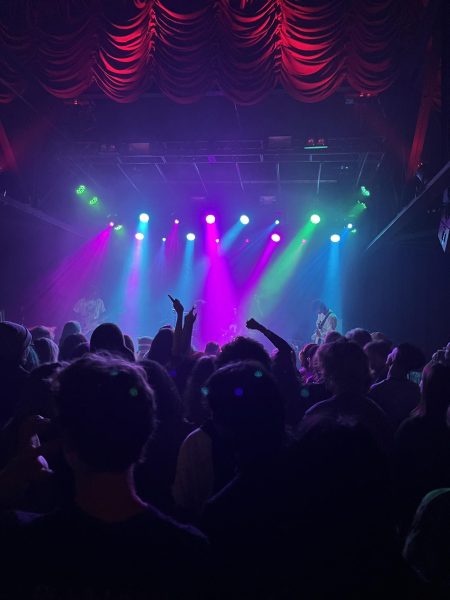
“My favorite venue is Interspace. It’s in The Underground Atlanta and is this guy, Carl’s, artist studio space. He’s very cool. It’s only a $10 cover every night. A lot of it is DIY stuff. I like the Masquerade a lot as well. I’ve networked through there, after and before concerts,” said Jacobs.
One specific venue has become a welcoming home for punks.
“A venue called No Tomorrow is a great welcoming environment that allowed everyone to be as creative and weird as they wanted. It feels like a family there,” said Matrazzo.
All in all, the punk scene has gone through many changes throughout the years after splitting into other sub-genres, going through a period of decline, and being revived by many Atlanta teens currently. The scene is open to all, so don’t be afraid to experiment with the music, go to shows, adapt ideals, and meet new people.

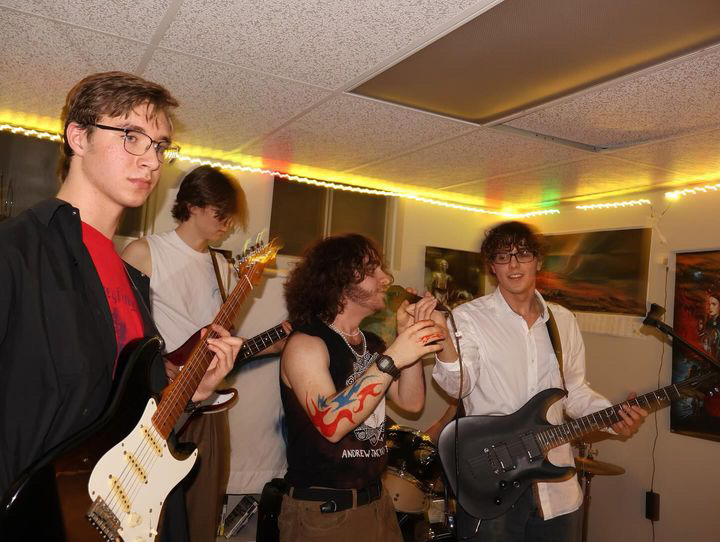



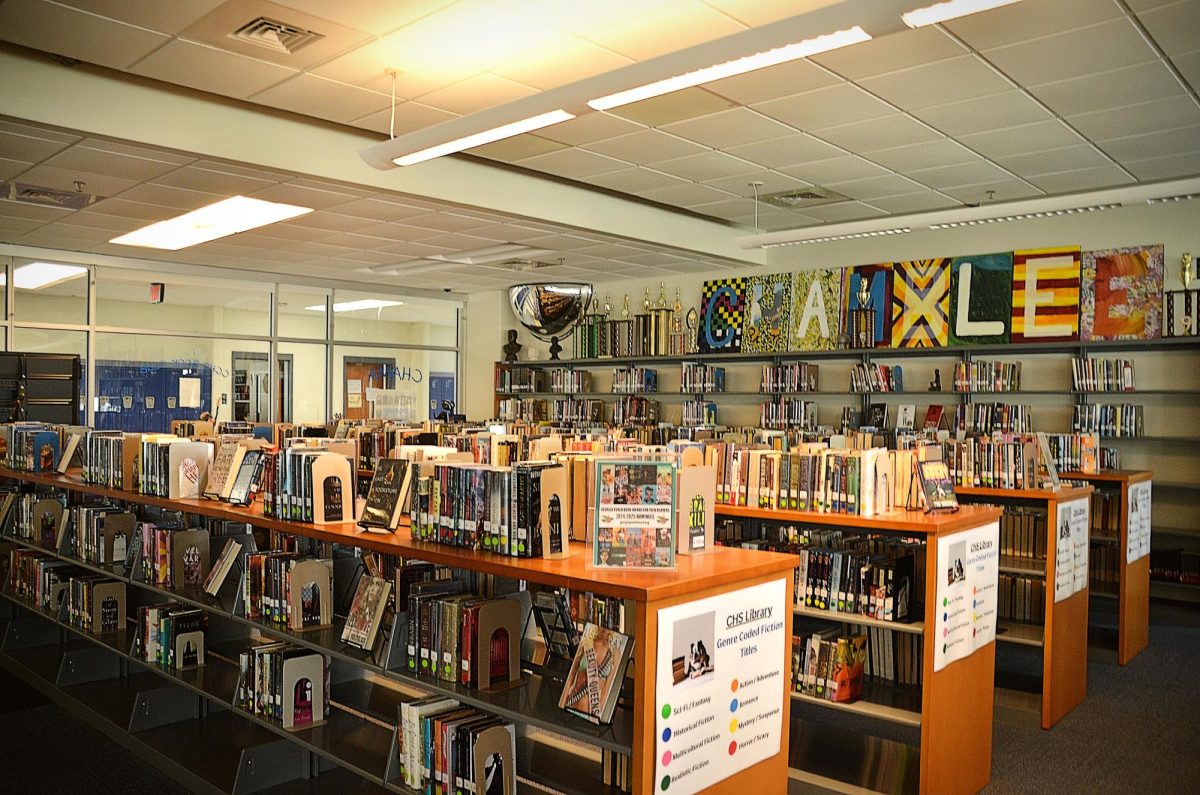
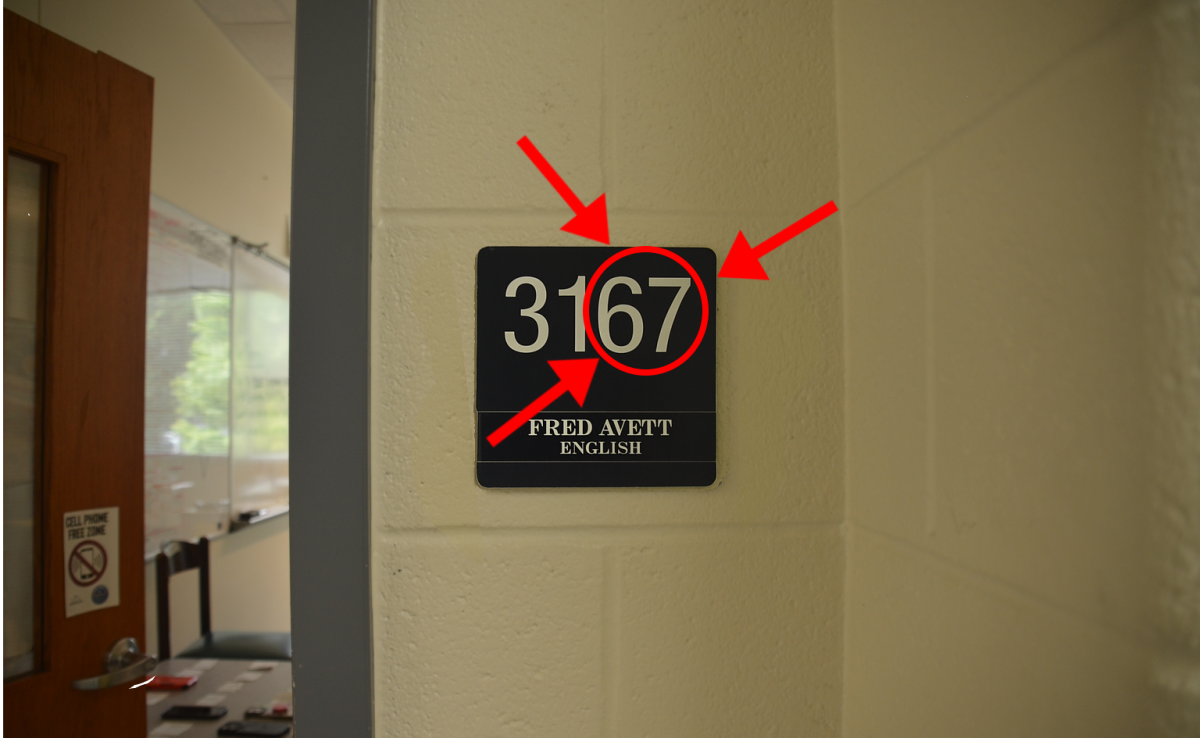
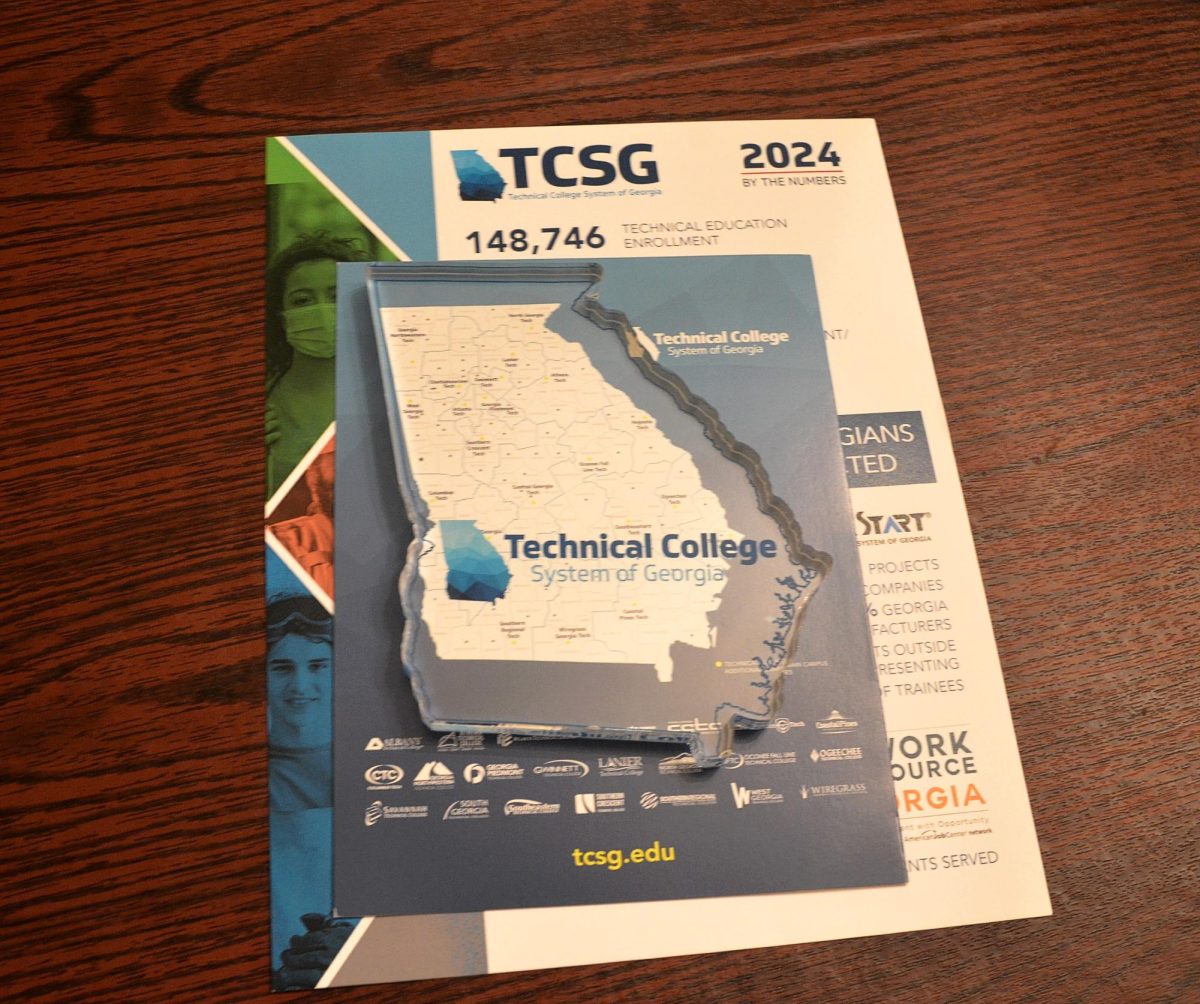
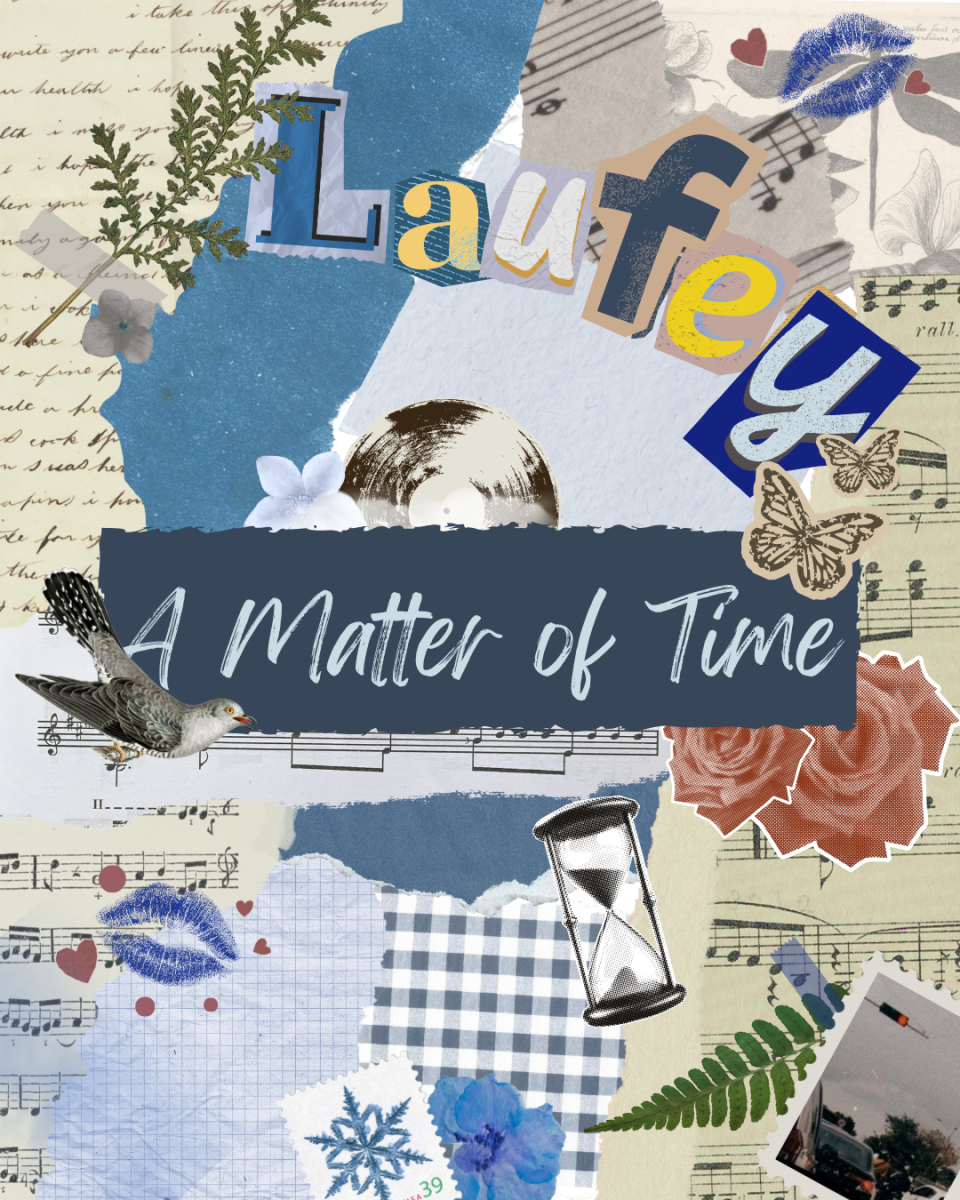
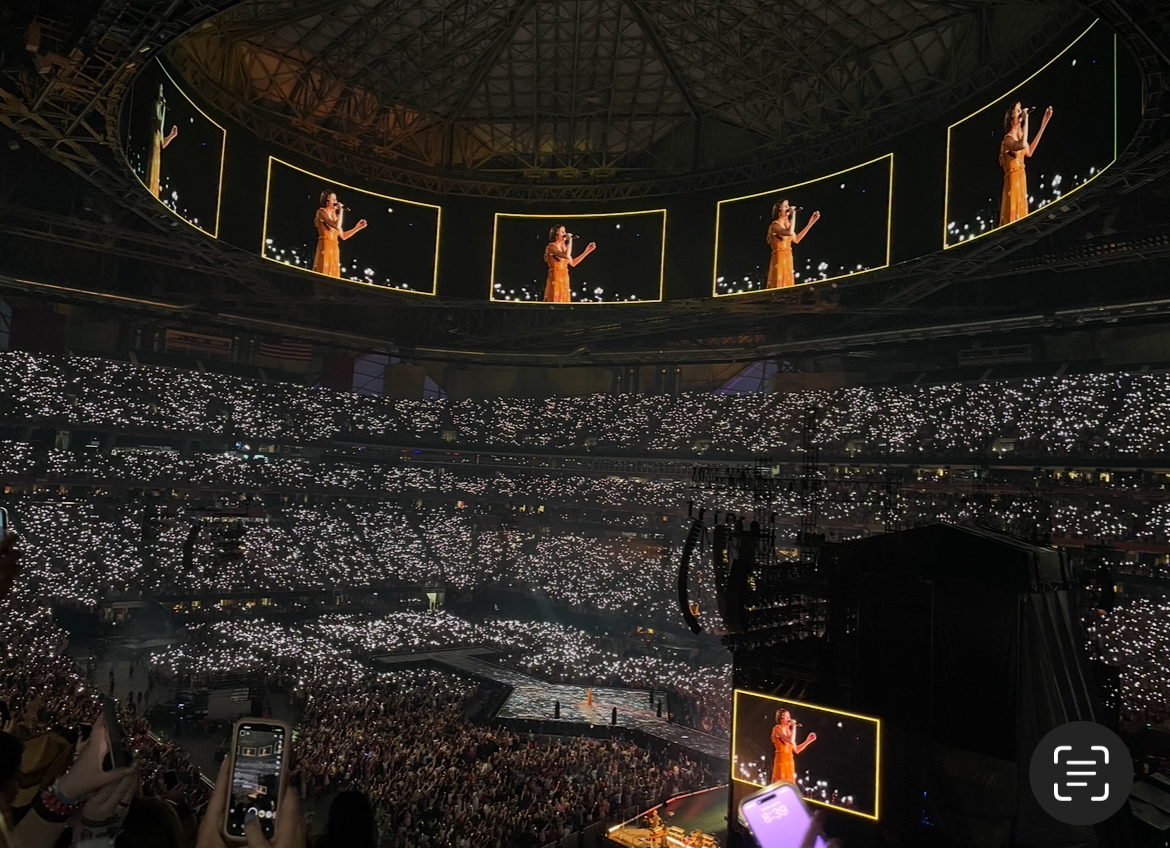
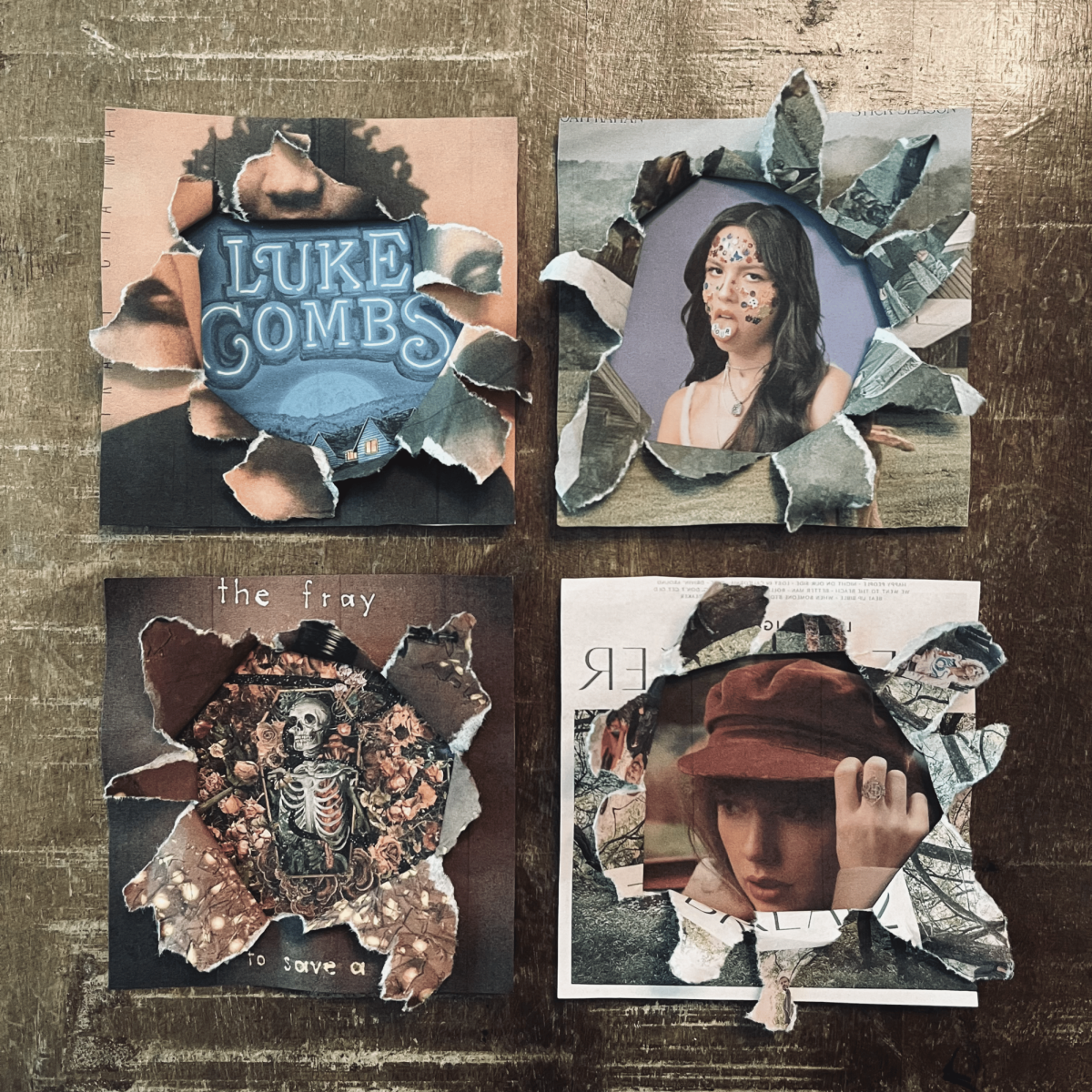

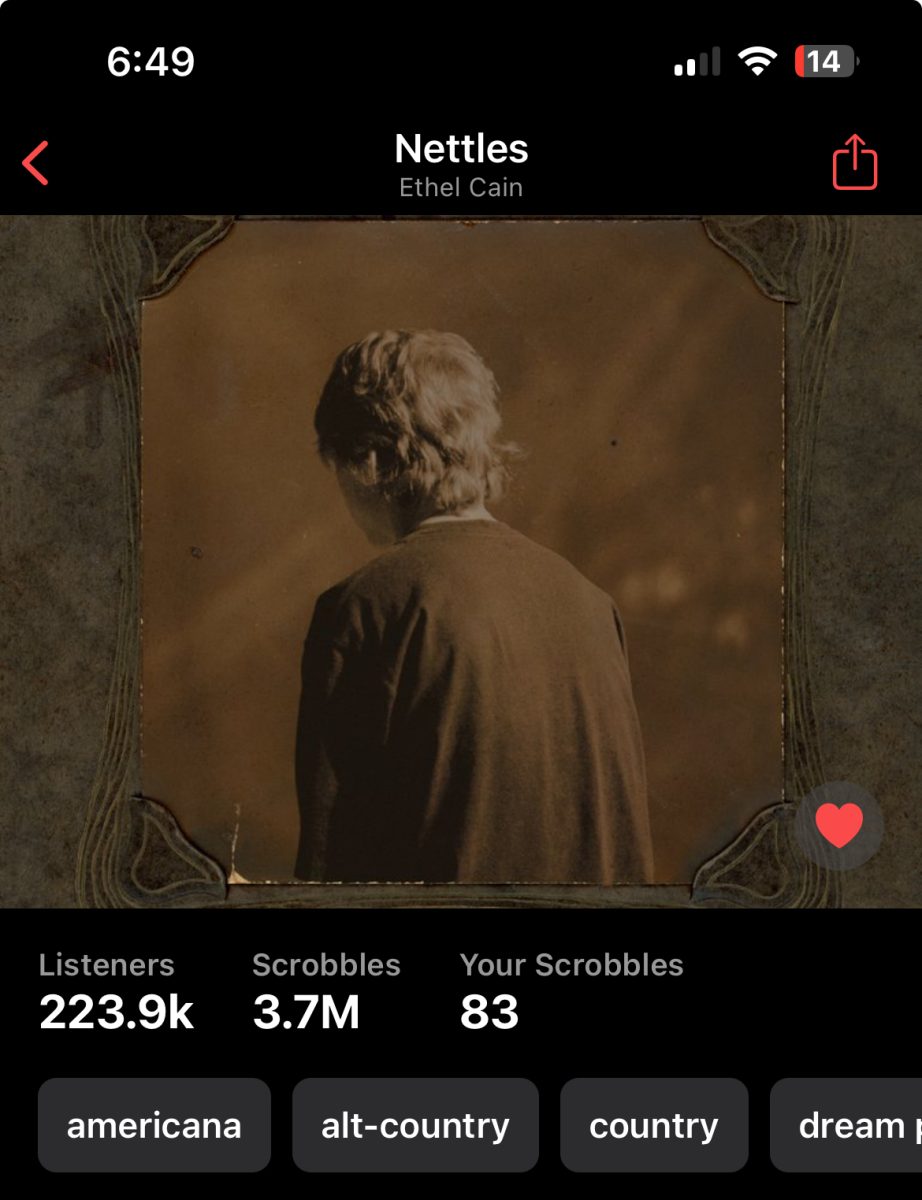

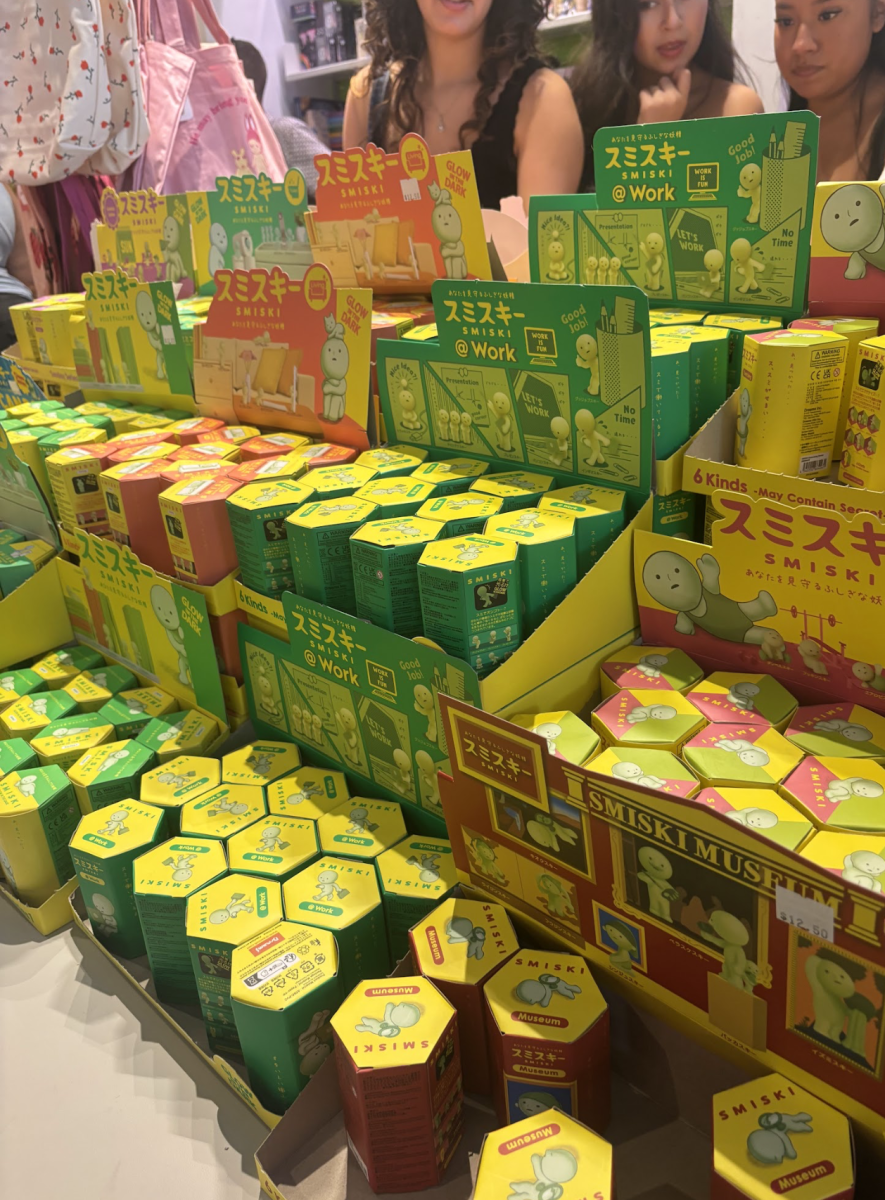
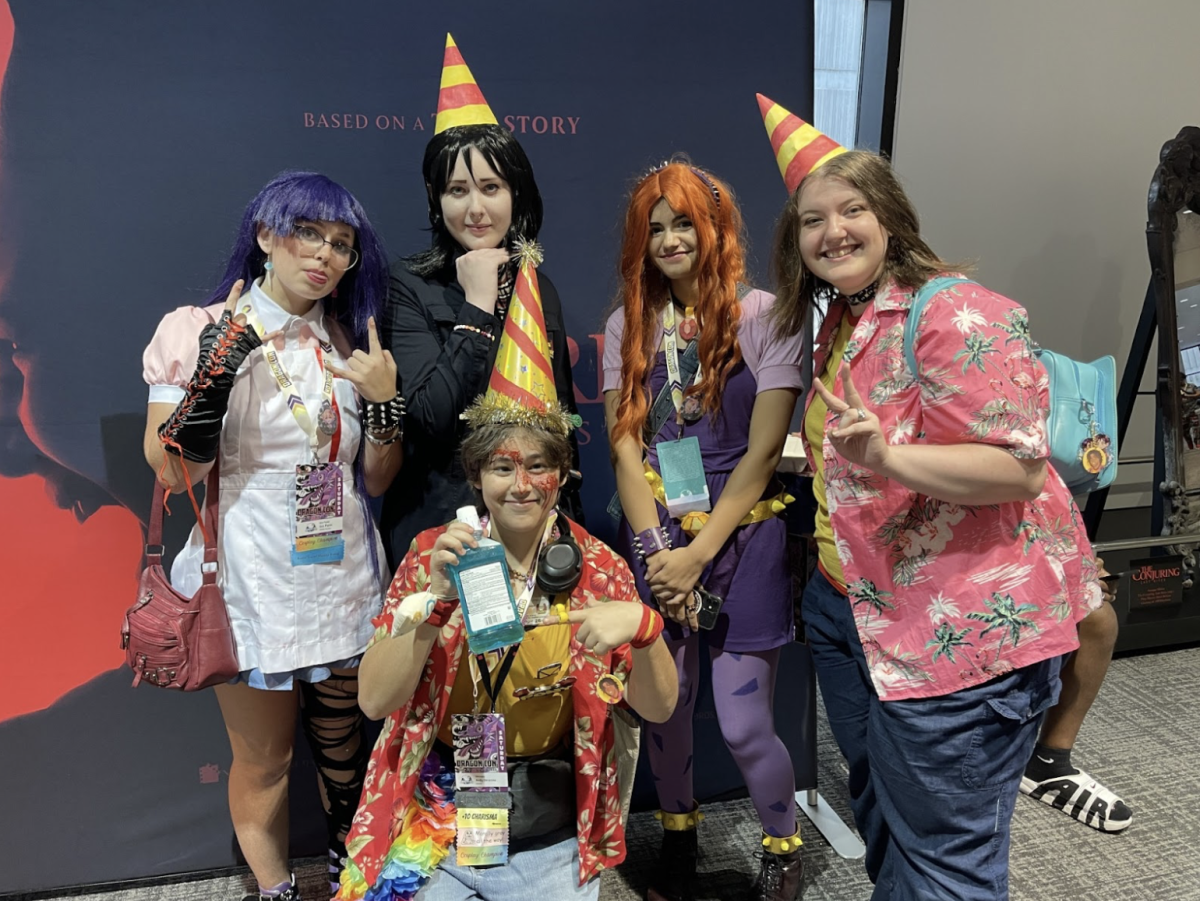
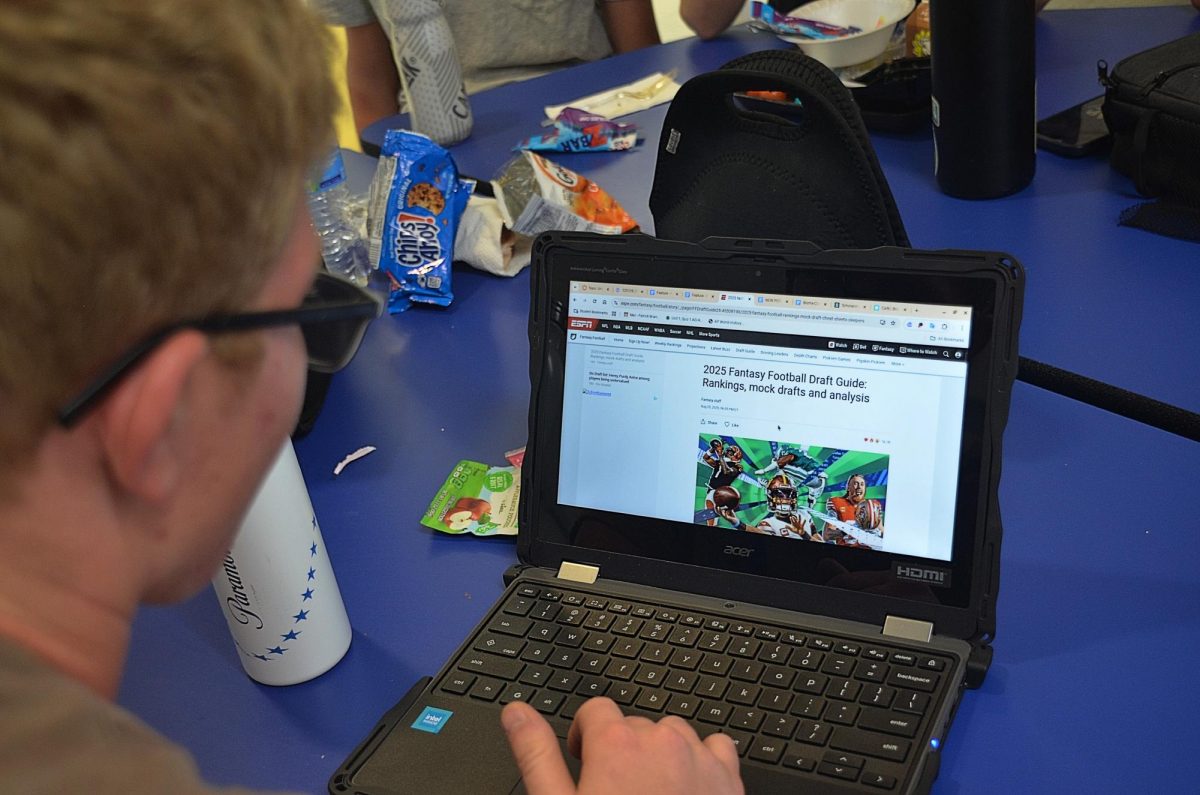
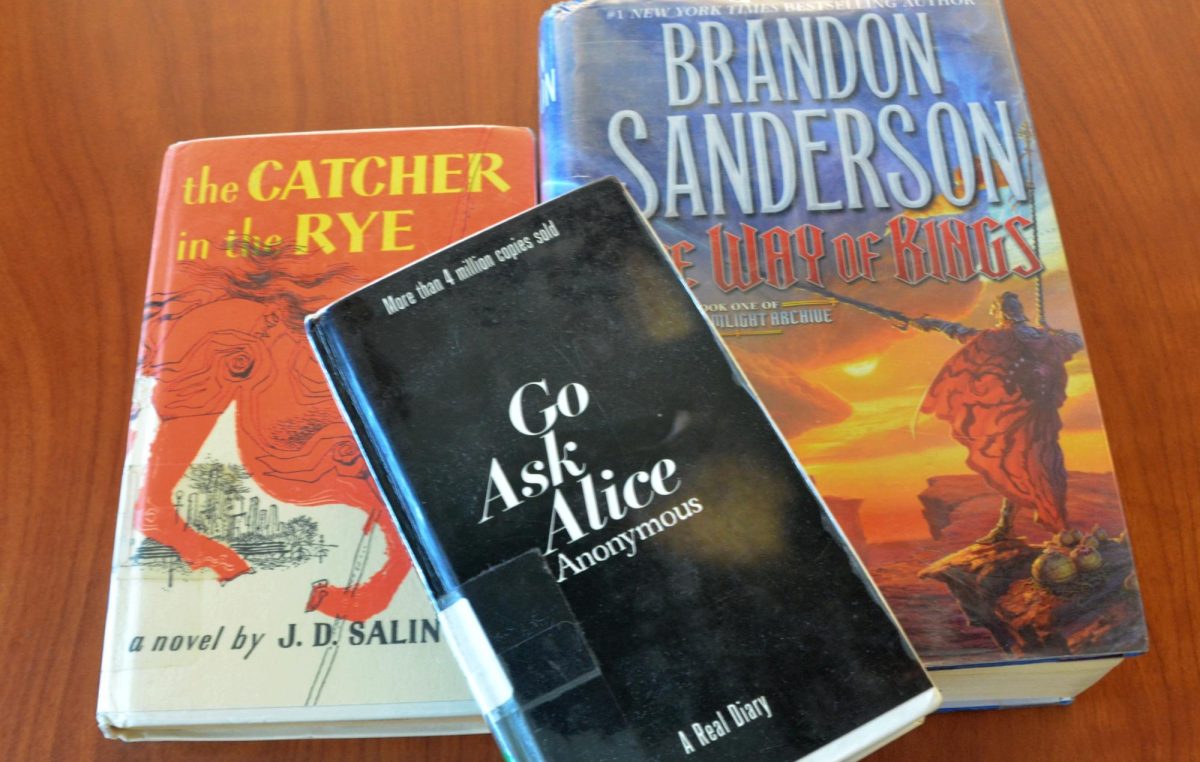
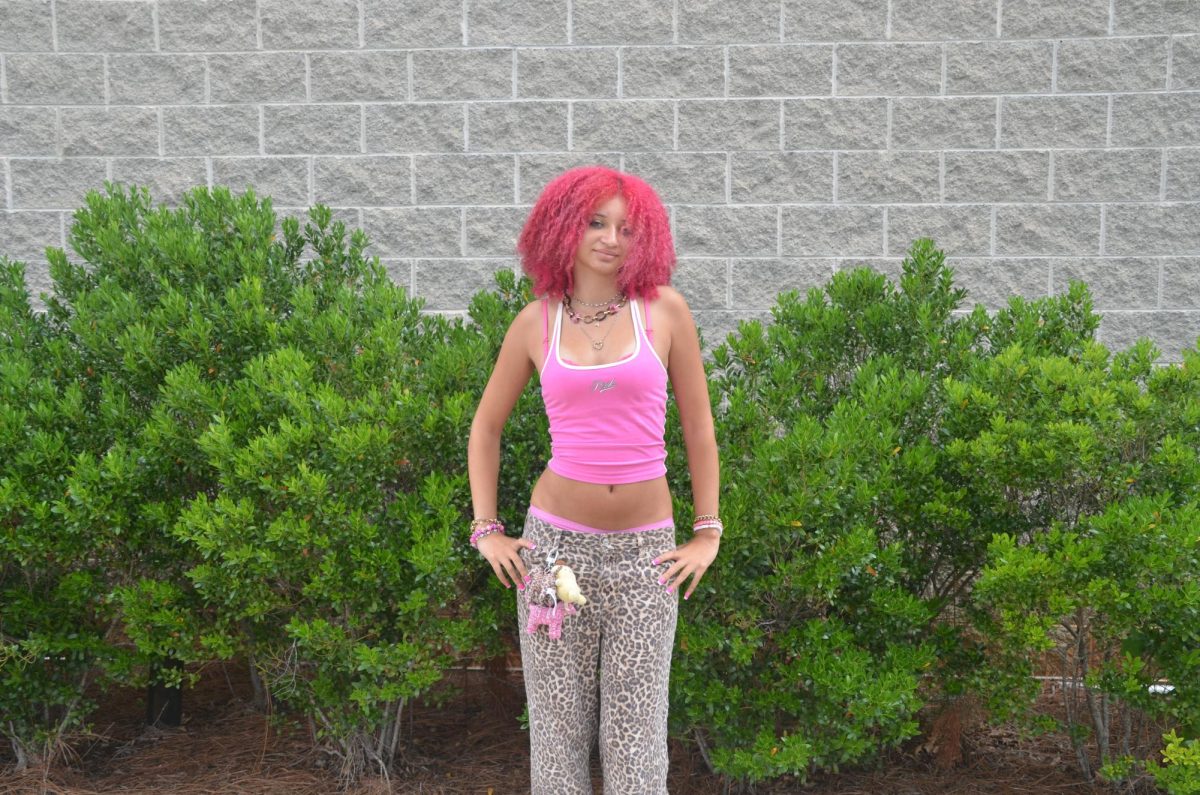
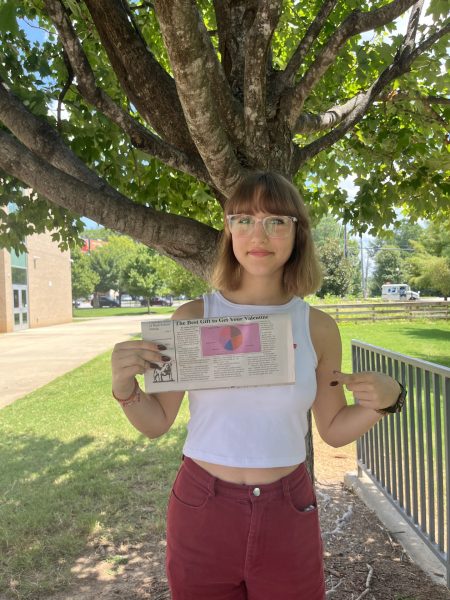
Logan Graham • Sep 1, 2024 at 1:46 pm
Cool article! Innerspace rules… Carl’s the man.
Jonah Jacobs • Feb 22, 2024 at 6:28 pm
Great article! WH AD AETERNUM!
Luke Simonsen • Feb 22, 2024 at 6:27 pm
wowzers!